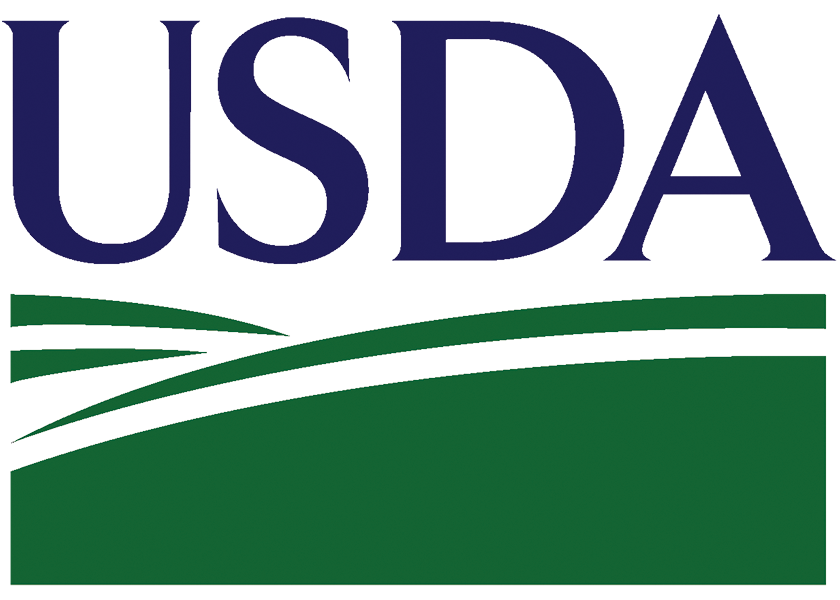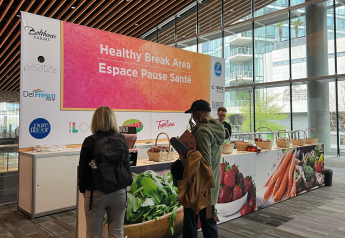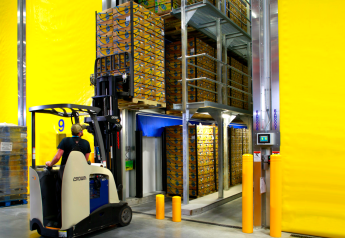USDA and FDA confident no transmission of COVID-19 through food, packaging

WASHINGTON, Feb. 18, 2021 — After more than a year since the coronavirus disease 2019 (COVID-19) outbreak was declared a global health emergency, the U.S. Department of Agriculture, the U.S. Food and Drug Administration and the U.S. Centers for Disease Control and Prevention continue to underscore that there is no credible evidence of food or food packaging associated with or as a likely source of viral transmission of severe acute respiratory syndrome coronavirus 2 (SARS-CoV-2), the virus causing COVID-19.
Our confidence in the safety of the U.S. food supply remains steadfast. Consumers should be reassured that we continue to believe, based on our understanding of currently available reliable scientific information, and supported by overwhelming international scientific consensus, that the foods they eat and food packaging they touch are highly unlikely to spread SARS-CoV-2.
It’s particularly important to note that COVID-19 is a respiratory illness that is spread from person to person, unlike foodborne or gastrointestinal viruses, such as norovirus and hepatitis A that often make people ill through contaminated food. While there are relatively few reports of the virus being detected on food and packaging, most studies focus primarily on the detection of the virus’ genetic fingerprint rather than evidence of transmission of virus resulting in human infection. Given that the number of virus particles that could be theoretically picked up by touching a surface would be very small and the amount needed for infection via oral inhalation would be very high, the chances of infection by touching the surface of food packaging or eating food is considered to be extremely low.
The USDA and the FDA are sharing this update based upon the best available information from scientific bodies across the globe, including a continued international consensus that the risk is exceedingly low for transmission of SARS-CoV-2 to humans via food and food packaging. For example, a recent opinion from the International Commission on Microbiological Specifications for Foods (ICMSF) (PDF, 352 KB), stated: “Despite the billions of meals and food packages handled since the beginning of the COVID-19 pandemic, to date there has not been any evidence that food, food packaging or food handling is a source or important transmission route for SARS-CoV-2 resulting in COVID-19.” Additional literature reviews and analyses from other countries agree.
In addition, considering the more than 100 million cases of COVID-19, we have not seen epidemiological evidence of food or food packaging as the source of SARS-CoV-2 transmission to humans. Furthermore, transmission has not been attributed to food products or packaging through national and international surveillance systems. Food business operations continue to produce a steady supply of safe food following current Good Manufacturing Practices and preventive controls, focusing on good hygiene practices and keeping workers safe.
Based on the scientific information that continues to be made available over the course of the pandemic, the USDA and FDA continue to be confident in the safety of the food available to American consumers and exported to international customers.
Additional Information:
- FDA: Food Safety and COVID-19
- Coronavirus (COVID-19) Update: Joint Statement from USDA and FDA on Food Export Restrictions Pertaining to COVID-19
- USDA: www.usda.gov/coronavirus







